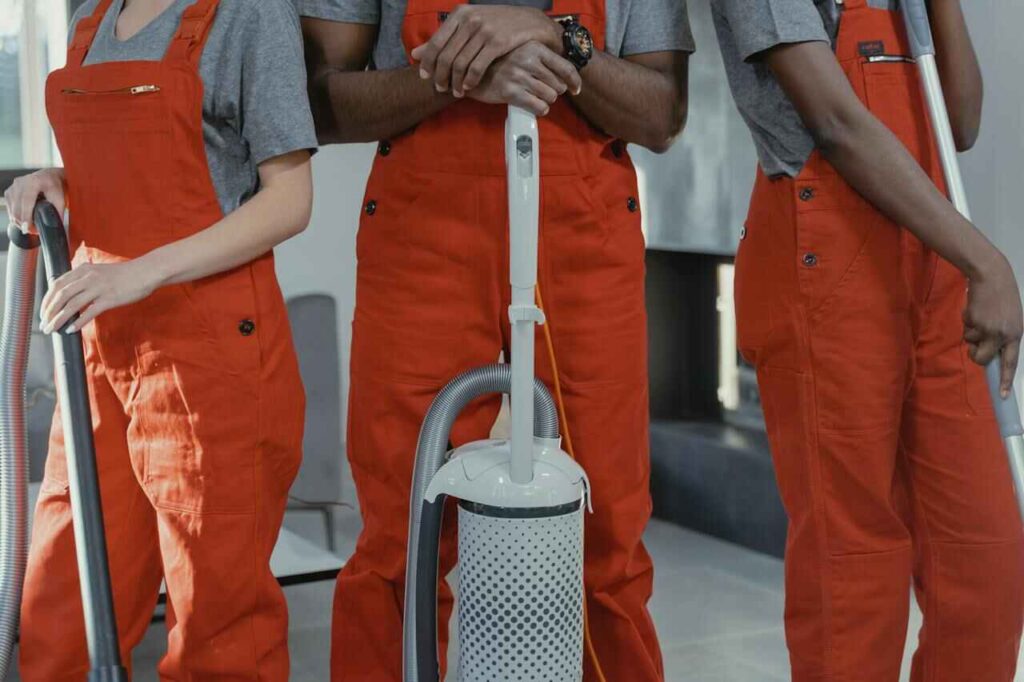Starting a cleaning business can be a lucrative venture, especially considering the increasing demand for professional cleaning services. However, like any other business, it is important to ensure that you have the necessary licenses and permits to operate legally. In this article, we will discuss the licenses needed to start a cleaning business and provide you with helpful information on how to obtain them.
Related Article: Small Business Grants in Ohio – A Guide to Funding Opportunities
1. Business License
The first license you will need to start your cleaning business is a general business license. This license allows you to legally operate your business within the jurisdiction you plan to serve. The requirements for obtaining a business license may vary depending on your location, so it is crucial to check with your local government or municipality to determine the specific requirements and fees.
2. Trade License
In addition to a general business license, you may also need a trade license specifically for operating a cleaning business. This license ensures that you meet the industry-specific regulations and standards set by your local authorities. It may include cleanliness and hygiene standards, equipment requirements, and employee training.
To obtain a trade license, you might be required to provide proof of insurance coverage, such as liability insurance, which protects your clients and your business in the event of accidents or damages. Additionally, some jurisdictions may require you to undergo background checks or provide evidence of professional certifications or training in cleaning techniques.
3. Employer Identification Number (EIN)
If you plan to hire employees for your cleaning business, you will need an Employer Identification Number (EIN). This unique identifier is issued by the Internal Revenue Service (IRS) and is used for tax purposes. You can easily apply for an EIN online through the IRS website.
4. Health and Safety Permits
Depending on the scope of your cleaning services, you may also need health and safety permits. These permits ensure that your business complies with health regulations, especially if you are handling hazardous materials or providing specialized cleaning services such as biohazard cleanup or mold remediation. Again, the specific requirements for health and safety permits may vary by location, so it is essential to research and consult with local authorities.
5. Environmental Permits
If your cleaning business involves the use of chemical products or generates waste, you may need environmental permits. These permits regulate the proper handling, storage, and disposal of hazardous substances. It is crucial to understand and follow the environmental regulations in your area to protect the environment and avoid legal consequences.
Conclusion
Starting a cleaning business requires obtaining the necessary licenses and permits to operate legally and professionally. It is essential to research the specific requirements in your location and consult with local authorities to ensure compliance. By obtaining the appropriate licenses, you can build a successful cleaning business that instills trust and confidence in your clients while protecting your interests.
Remember to maintain up-to-date records of your licenses and permits, as they may require renewal periodically. Compliance with licensing regulations not only demonstrates your professionalism but also ensures the safety and satisfaction of both your clients and employees.



